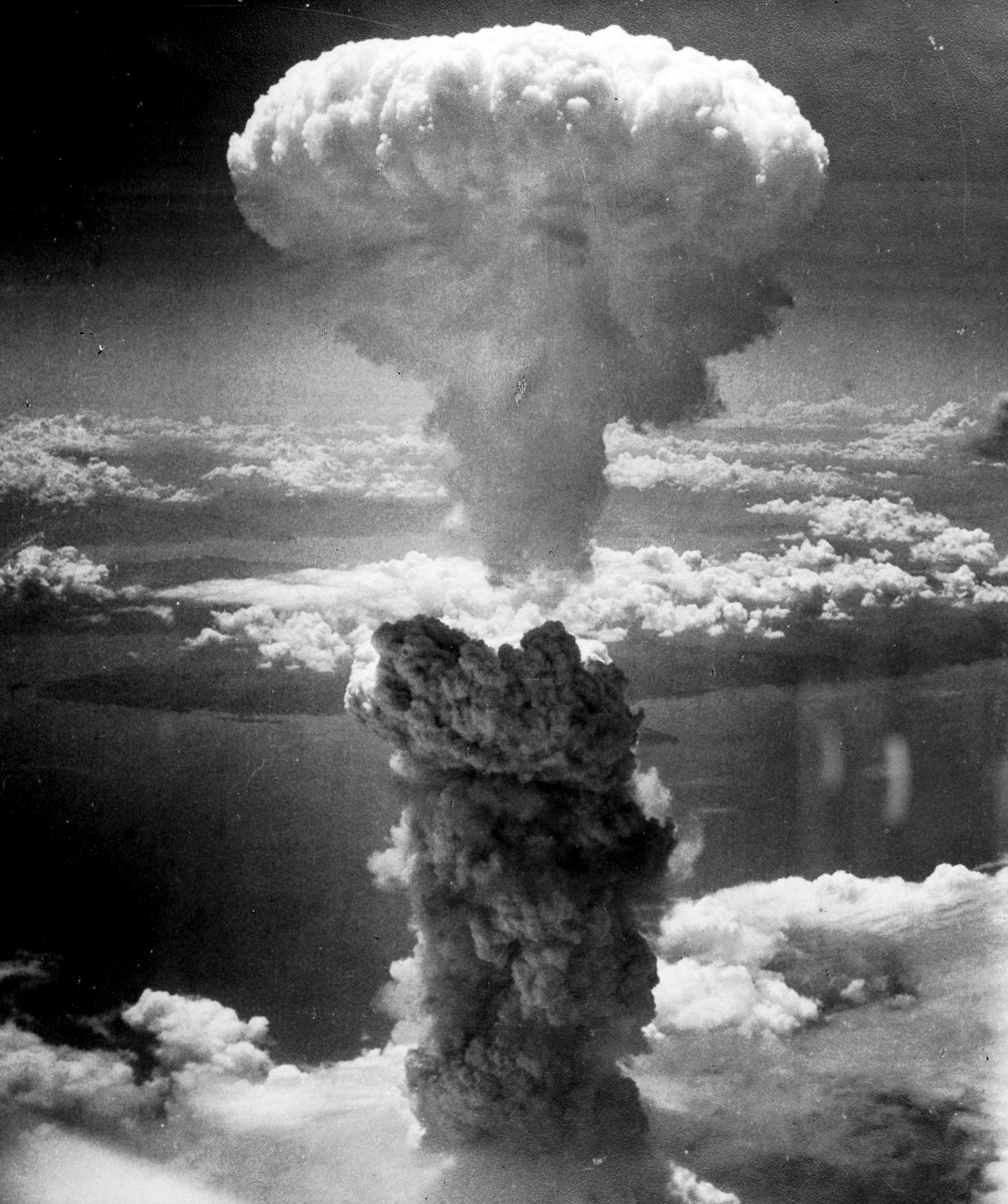This article, on the supposed threat to the American way of life, and the threat of total annihilation as well, is interesting to me because I feel like this threat has existed since before the advent of nuclear weapons. One could arguably say that Americans in the 1700s felt that their way of life at the time was under threat from the increasingly tyrannical motives and efforts of the British to relinquish their independence.
Despite this, the focus on the Cold War era is obvious, as the advent of nuclear weapons, as well as the constantly rising tensions between the United States and the Soviet Union, was at the forefront of people's minds, as a conflict between the two superpowers would likely have ended in total atomic annihilation. According to Jennifer O'Reilly, the author of the article, the two lecturers focussed on American civil religion in annihilation fantasies of Americans from the 1950s to the present day (Andrew Monteith, Indiana University), and the JFK's relationship with the media and the press' role in the resumption of nuclear weapons testing in 1962-1963 (Mark Eastwood, University of Nottingham). The depth and relevance of the article are both profound, especially considering the current POTUS. Americans seemed to have not forgotten about the presence of nuclear weapons in modern society, although it is not hard to see why. There are many dozens of films, and just as many games, that deal with a nuclear, or otherwise major threat to American society; such examples include Independence Day, Olympus Has Fallen and Call of Duty: Modern Warfare 2, to name but a few. This kind of 'apocalypse narrative' was born during the era where death by nuclear fire was arguably at its highest, but it would seem that that narrative just hasn't gone away. If anything it seems to be more popular now than it has ever been before, and perhaps that is evidence of the way American society feels about the threat of annihilation. This is evidenced by the use of the USA Today poll where 78% of Americans said that they felt their way of life was under at least some degree of threat.
Overall, I think this article is concise and delves into how Americans portray and view themselves in a variety of ways. The exploration of threats to American society, both real and fictional, past and present, is profoundly relevant, considering the slowly rising tensions in today's politics, and I would have very much liked to have been a part of this conference.

No comments:
Post a Comment